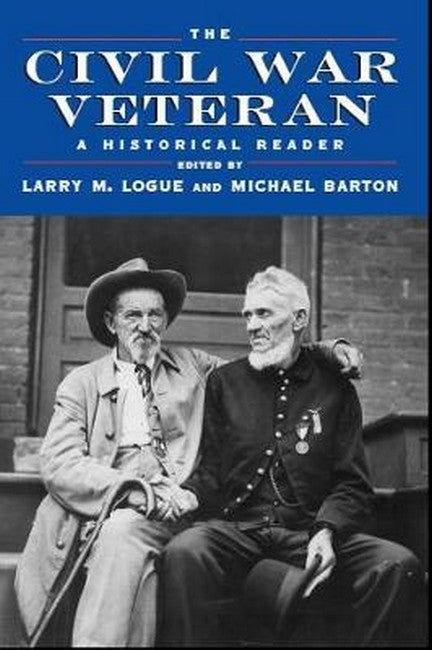The Civil War Veteran presents a profound but often troubling story of the postwar experiences of Union and Confederate Civil War veterans. Most ex-soldiers and their neighbors readjusted smoothly. However, many arrived home with or developed serious problems; poverty, drug and alcohol addiction, and other manifestations of post traumatic stress syndrome, such as flashbacks and paranoia, plagued these veterans. Black veterans in particular suffered a particularly cruel fate: they fought with distinction and for their freedom, but postwar racism obliterated recognition of their wartime contributions.Despite these hardships, veterans found some help from federal and state governments, through the establishment of a national pension system and soldiers' homes. Yet veterans did not passively accept this assistance--some influenced and created policy in public office, while others joined together in veterans' organizations such as the Grand Army of the Republic to fight for their rights and to shape the collective memory of the Civil War. As the number of veterans from wars in the Middle East rapidly increases, the stories in the pages of The Civil War Veteran give us valuable perspective on the challenges of readjustment for ex-soldiers and American society.

